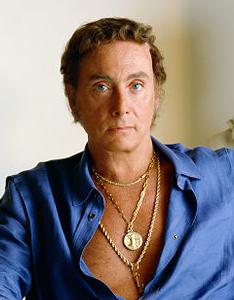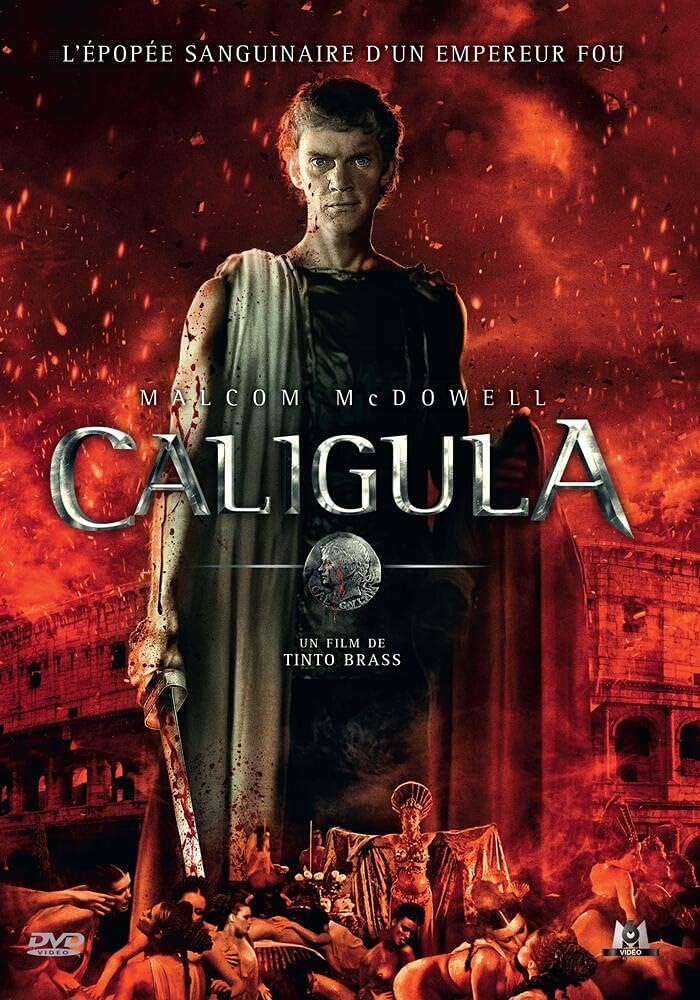The A & E cable channel has done a documentary on Bob Guccione, the founder of Penthouse Magazine and his short-lived global empire.

Older folks followed the Guccione saga in real time starting in the 1970s when he challenged Hugh Hefner’s Playboy empire. The Guccione secret: pubic hair and open legs. Unlike Hefner’s “Playmates,” Guccione’s “Pets” stayed natural and eased up on the airbrushing. Whether he realized it or not, Guccione had opted for Roman realism rather than Hefner’s Greek idealism. It worked. Penthouse ladies looked more approachable than the goddesses of Playboy.
Nor is the documentary airbrushed. Guccione may have started his career as a product of his artistic bent, but it devolved into personal depravity and smut. His dream of a family dynasty never made it off the ground. His four children by an English wife rarely felt his warmth, and when he allowed them their own dreams, he cut them off if they strayed too far from his. Only two of them went on camera to describe their lives with him, neither exuded filial piety toward their father.
Guccione was raised in Brooklyn by Sicilian Americans parents. He was an altar boy who considered the priesthood, so they say. He married young but left his first wife and daughter to work in England where he secured a job creating cartoons for an American magazine there. It was his second wife who gave him the idea of publishing girly photos when she began selling pin-up posters. He became an avid photographer who continued to do his own photo shoots during the heyday of Penthouse. He knew what turned him on, and it was a direct way to seduce his subjects.
Unlike Hefner, Guccione wasn’t a party guy. Although he had a large mansion in Manhattan, it wasn’t open to celebrities. Rather he housed a son and daughter there and a few Pets. Son Nicky was told to stay clear of the Pets, as they were daddy’s preserve. On camera, Nicky confessed how he violated dad’s rule countlessly – a chip off the old block!

Penthouse was a money machine despite calls from such luminaries as Rev. Jerry Falwell (the “Moral Majority”) and Ronald Reagan to ban it from stores. Guccione used the money to finance other dreams – an Atlantic City casino, a resort in Communist Yugoslavia, huge mansions, and fine art – that ate away at his publishing profits. His empire went into serious debt and owed $50 million to the IRS. But it was his wasteful sojourn into cinema that permanently besmirched his reputation, the epic Caligula (1979).
Filmed in Rome and starring Malcolm McDowell, Peter O’Toole, John Gielgud, and even Helen Mirren, the film was judged to be gory porn by critics. It was a box office failure and insufferable to watch on DVD. It was a signpost of Guccione’s growing depravity. He pimped his own Pets to friends and business prospects. A one-time Pet revealed in the documentary that Guccione asked her for a “golden shower” – to urinate on him, which she shamefully did. Caligula was his guide.
I usually like to write of Italic people who deserve our admiration – Bob Guccione is not one of them. There is no evidence that he did anything to enhance the image or standing of the Italic people. In fact, Caligula was the capstone of the numerous anti-Roman “sand & sandals” movies out of Hollywood. Guccione was neither an exemplar of family values or purveyor of our artistic traditions. He sowed the seeds of his own demise.
A smoker, Guccione succumbed to throat cancer in 2010 at age 79. At best, his legacy is controversial. Perhaps Caligula was his prescient autobiography. -JLM




Bottom line we acknowledge the good, bad and ugly, a slogan from another Italian genre’, the spaghetti westerns. What is upsetting, however, is when you can’t even acknowledge these foibles and any warts on a collective past, among many areas of historical tribulations. I guess that takes too much courage.
Ken, Funny you mention the “good, bad, and ugly” title of the Sergio Leone movie. One of my drafts used that as a scale to judge Guccione (as “ugly”). Great minds…! Instead, I chose to hoist him on his own petard -Caligula.
Whatever one interprets what a “soul” is, no doubt , one either has ONE, or not. Guccione certainly, like Hefner, Epstein and so many more,got along in life, souless, but , rather than produce beauty and Tranquillity, ultimately left the stench of trash as their trademark.